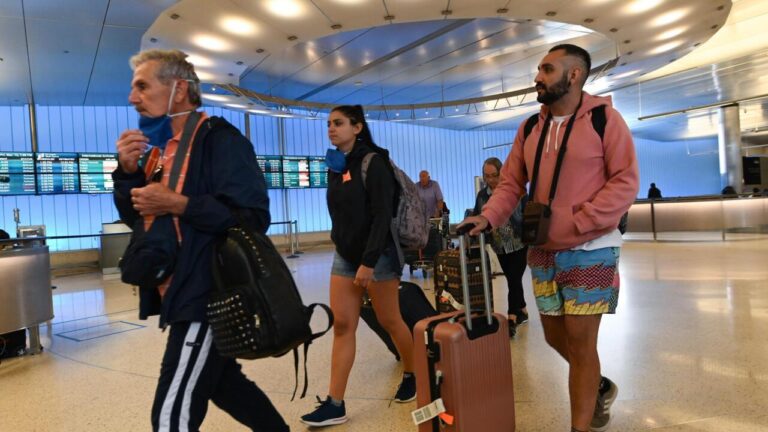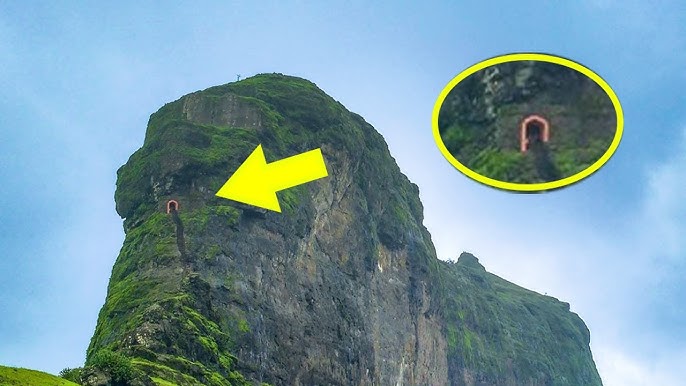
With the rise of online booking platforms and tempting advertisements for “too good to be true” vacation deals, travel scams have become a growing concern for globetrotters. Whether it’s an alluring all-inclusive resort package, a seemingly affordable cruise, or discounted flights, many vacation deals come with hidden dangers that can turn your dream trip into a nightmare. As travelers search for the best deals, it’s crucial to stay vigilant and recognize the warning signs of a scam before making that booking. So, are your favorite vacation deals hiding dangerous secrets?
1. Unrealistic Prices and Hidden Fees
One of the most common tactics scammers use is offering vacation deals that appear too good to be true—because they often are. A website might advertise a luxury hotel stay for a fraction of the typical price or a cruise that seems impossibly affordable. These deals can lure travelers into clicking and booking without a second thought.
However, once you book, the fine print reveals hidden fees. These might include unexpected charges for “mandatory” resort fees, parking, or excursions that weren’t disclosed upfront. Additionally, some companies will advertise one price only to add additional costs for upgrades, amenities, or travel insurance. The final price can be much higher than the initial offer, leaving you feeling cheated and frustrated.
2. Fake Travel Websites and Phishing Scams
As more people book vacations online, scammers have become increasingly sophisticated in creating fake travel websites. These sites look nearly identical to legitimate booking platforms, with polished graphics, convincing reviews, and great deals. However, once you input your personal details or payment information, the website may steal your data, leaving you vulnerable to identity theft.
Phishing scams are also common in the travel industry. You might receive an email or text message offering a limited-time deal on your dream destination, only to be led to a fraudulent website that asks for your credit card details. These scams can be hard to spot, especially if the fake website mimics well-known brands or legitimate travel operators.
Always double-check the website’s URL for subtle discrepancies and only book through trusted, verified platforms to protect yourself. Also, avoid clicking on unsolicited links from unknown sources.
3. Bait-and-switch tactics with Accommodations
Another dangerous secret hidden behind some vacation deals is scammers’ bait-and-switch tactic to lure customers into booking accommodations that aren’t as advertised. A stunning beachfront resort might appear in the promotional photos, but upon arrival, the property is far less luxurious than expected—or even non-existent.
Sometimes, the accommodation may be overbooked, and the traveler is forced to accept a lower-quality room or be relocated to a completely different hotel without prior notice. What’s worse, you may have paid in advance for the “deal,” only to find that the property refuses to offer a refund, leaving you stuck and out of pocket.
To avoid this, read online reviews from multiple sources and ensure the accommodation is adequately listed with legitimate booking websites. Call the hotel directly to confirm your booking and ensure the property meets expectations.
4. The Timeshare Trap
While timeshare offers have been a long-standing issue in the travel industry, they remain a hidden danger many unsuspecting vacationers fall into. Scammers often target tourists with promises of discounted vacations, offering “free” tickets or accommodations in exchange for attending a timeshare presentation. What starts as a “free” getaway often becomes a high-pressure sales pitch, where you’re persuaded to buy into an expensive timeshare agreement with hidden fees and long-term financial commitments.
These timeshare traps are designed to exploit your desire for a vacation deal but often result in hefty costs and regret. Sometimes, the timeshare properties themselves could be better maintained or exist only on paper, making it nearly impossible for you to enjoy the promised benefits.
If you are approached with such an offer, think twice. Ensure you fully understand the terms of the deal before committing to the agreement and avoid giving in to high-pressure tactics.
5. Dangerous Tour Operators and Fake Adventure Packages
For adventure enthusiasts, booking activities such as trekking, safaris, or extreme sports is an exciting part of a vacation. However, some tour operators need proper safety measures or certifications, putting participants at risk. Scammers may offer guided tours at cut-rate prices but must disclose the risks involved, leaving tourists unprepared for challenging or dangerous conditions. In the worst-case scenario, these tours can result in accidents or injuries.
Always research tour operators thoroughly and check for valid licenses or certifications. Read reviews from other travelers who have participated in the same activities, and if the price seems too low compared to similar tours, exercise caution.
Conclusion: Protect Yourself from Travel Scams
Travel scams are increasingly sophisticated, so travelers need to be more cautious than ever before. By being aware of the hidden dangers behind too-good-to-be-true deals, you can avoid falling victim to dishonest practices. Always research the company, read the fine print, check reviews from trusted sources, and never let your excitement about a vacation cloud your judgment.
Your dream vacation should be filled with adventure and relaxation—not financial losses or dangerous surprises. Stay informed, stay cautious, and don’t let the ultimate travel scam ruin your next getaway.







